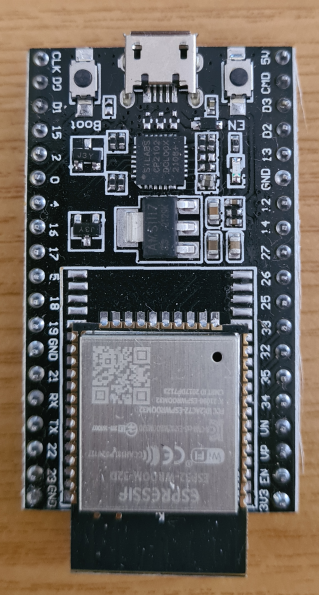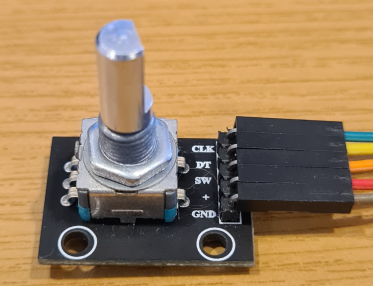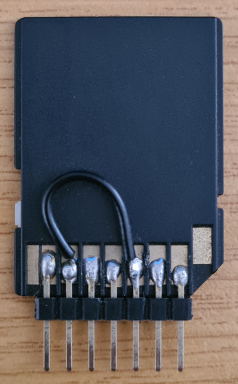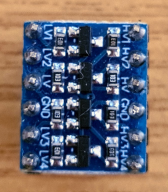Welcome to the TapuinoNext alpha.
Most of the code has been written and tested to a fair extent, but there are bound to be loads of bugs. Please report bugs as issues against the repo. If you have fixes, please submit these as a pull request. I could really use some help with documentation in markdown format if you would like to contribute in that way.
Instructions on how to navigate the UI and detail on the TapuinoNext functionality can be found on this page: TapuinoNext UI. This is still very much a work in progress.
- "instructions" to build a stripboard prototype are available at Prototype Build
- schematics and board designs for reference implementations are available in the Eagle folder.
- the mini board has been produced and tested successfully!
- NB: the micro board has not
The BOM for the TapuinoNext is:
- ESP32 Devkit equivalent: e.g. https://www.banggood.com/ESP32-WiFi-+-bluetooth-Development-Board-Ultra-Low-Power-Consumption-Dual-Core-ESP-32-ESP-32S-Similar-ESP8266-Geekcreit-for-Arduino-products-that-work-with-official-Arduino-boards-p-1175488.html
- resistors:
- (voltage divider)
- 1k5
- 3k3
- 100 Ohm (Recording LED current limiter)
- (voltage divider)
- Rotary encoder KY-040: e.g. https://www.banggood.com/5Pcs-5V-KY-040-Rotary-Encoder-Module-AVR-PIC-p-951151.html
- LCD screen: SSD1306 OLED or HD44780 via I2C backpack
- SD Card breakout board / socket, no level shifter! Ones without resistors seem to work better. I used something like this: https://www.mischianti.org/2019/12/15/how-to-use-sd-card-with-esp8266-and-arduino/ This is the one I built:
- Bi-directional level shifter: e.g. https://www.banggood.com/10Pcs-Logic-Level-Converter-Bi-Directional-IIC-4-Way-Level-Conversion-Module-p-1033750.html
- C64 Datasette connector (use one off of a dead datasette or find one of these: https://www.thefuturewas8bit.com/cassette-port-connector-vic20-64-64c-128-128d-pet.html)
Wire this all up according to the schematic and flash the firmware.
If you have already flashed a recent firmware, then firmware releases are available at: https://github.com/sweetlilmre/TapuinoNext/releases
As newer firmware can self update, all you need to do is drop the update.bin file onto the root of the SD Card and select the firmware update option from the options menu.
For a first time build:
There is now an alternative to building the code and flashing.
- Download the latest
update.factory.binfrom the TapuinoNext Releases Page - Using Google Chrome, go to the Adafruit ESP Tool page.
- Connect your ESP32 to your machine and make sure the drivers are installed
- Click "Connect" on the Adafruit page and select the COM port of your ESP32
- If the connect succeeds, you should see several
Choose a file...buttons - Click the first one, navigate to and select the
update.factory.binfile you downloaded - Click
Program - A progress bar will appear, once this is complete you should be good to go
Probably the easiest way to handle this at the moment is to:
- install VS Code
- install Platformio on top of that
- install the Espressif 32 platform or start a new project and choose "Espressif ESP32 Dev Module" as the board, with "Arduino" as the framework
- clone the TapuinoNext repository
- you will need to create a config-user.h file in the include directory. This is currently used to specify which of the 2 supported displays you have and what the correct I2C address for the display is. A sample config-user.h.example has beem provided
- point VS code to the directory you cloned the repo into and upload to the board (I'm assuming that you know how to do all of this)
See TODO
See Attribution



